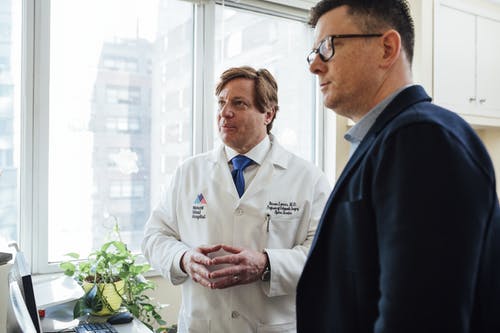Addiction is a chronic, relapsing illness like any other mental disorder. There is no cure for it, but reasonable ways to manage it. The more time you spend in sobriety, with a support system around you, the lesser your chances of a relapse.
A support system is principal in fighting against addiction even after treatment because treatment does not guarantee eternal freedom. It is encouraged that an after-care treatment plan is adopted to help a patient sustain the win against addiction. Such treatment can be outpatient programs, group therapy, or individual counseling sessions.
If you are about to be discharged from treatment, while anticipating an aftercare treatment plan, make sure to include a counselor.
During addiction treatment, counselors are great support systems who provide guidance free of judgment, enhance patient recovery, amongst other things. Their focus is to help you overcome addiction.

Similarly, counselors are of importance in your aftercare treatment for the following reasons:
- Close Monitoring: They monitor your progress as an accountability system to reduce your chances of a relapse. They also monitor the environment you place yourself. They ensure you have a supportive environment of people to aid your sobriety. Their focus is to make sure you are not in the same environment that led to your addiction.
- Continued support: You need constant encouragement and pillars to rely on during recovery. Counselors are the perfect fit for this. You can pour out your fears and vulnerabilities around them so they can find the strength in your weaknesses and focus on them.
- Strengthen confidence: Counselors are always there to boost your confidence in the recovery and encourage you to keep going. Being back to the society’s stress, and after one relapse after treatment, you may lose faith in recovery. If you have a counselor, you will be able to rise above the one slip-up and continue the journey to recovery.
In a nutshell, a counselor will help you stay focused and motivated, receive a high level of support, and find enjoyment in a life with no alcohol or drugs

